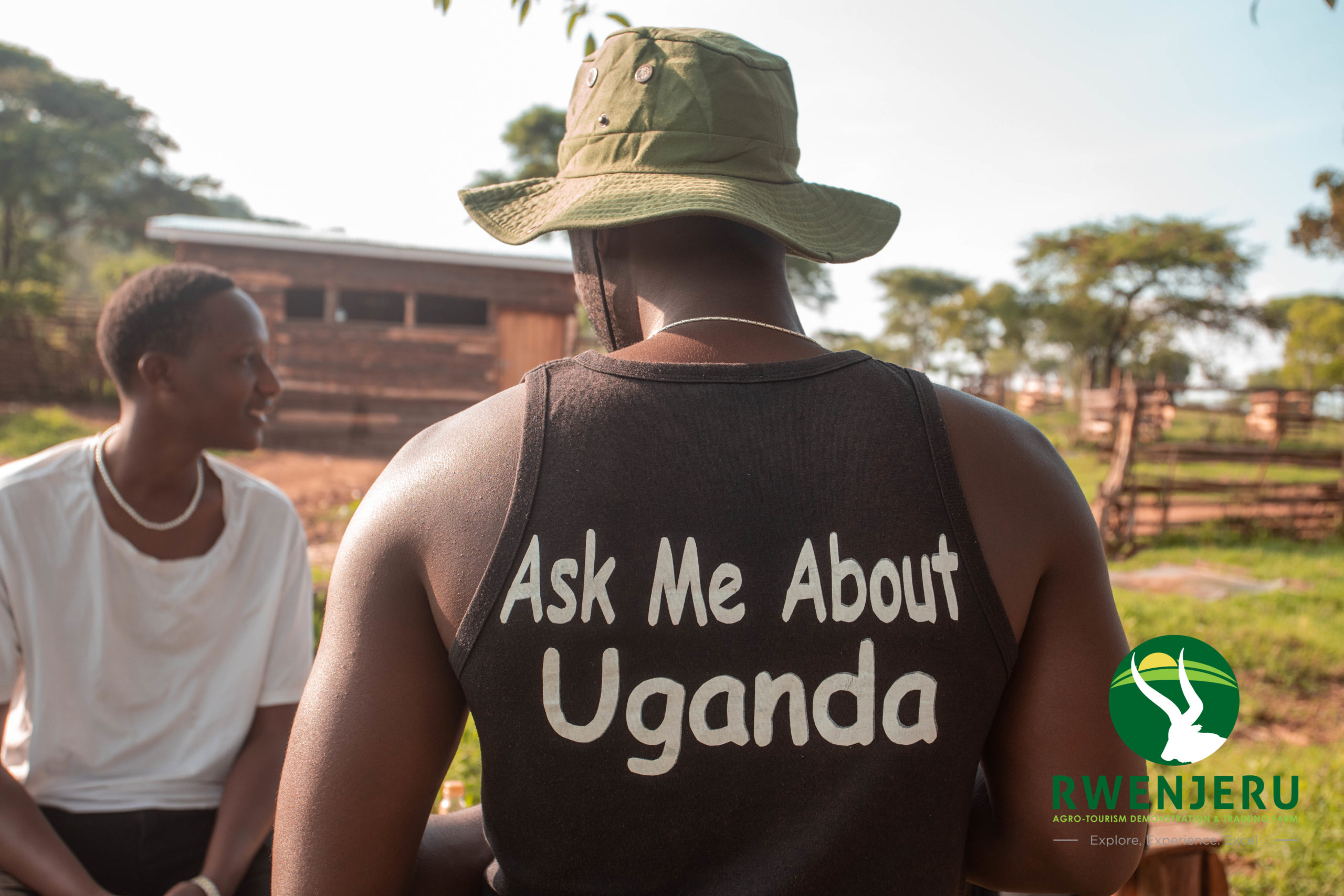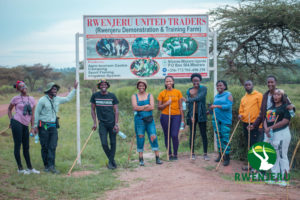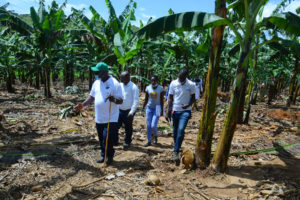Rwenjeru community has a long history. It derives its name from the the Runyankole word “Njeru” which refers to cows of white skin. Historically, Ankole (or rather Nkore) Kings had kraals of his white-skinned cows by the thousands in area – hence the name – Rwenjeru! In English “Rwenjeru” would loosely translate “of the white cows.” Such is Runyankole nomenclature for areas. For example, nearby is the area “Kamataritsi” which is where some messengers referred to as “mataritsi” who carried letters were attacked and killed by lions. The henceforth was referred to as “Kamataritsi” loosely translating “the one of the messengers”
Rwenjeru lies in the outskirts of L. Mburo National Park, it indeed is along the road to L. Mburo’s Katengyeto gate. This means it is not a strange occurrence to encounter a few zebras – or perhaps – some antelopes as you roam the village. For this reason, Rwenjeru is a haven for birders. The farm and surrounding areas offers an amazing checklist of over 200 savannah and lake-dwelling bird species.
The village has become a favoured tourist destination to experience the modern and traditional life of the Banyankole – the historical inhabitants of the region. Rwenjeru was home to the mythical legendary Bacwezi who ruled the region before their supposed disappearance in the middle 16th century. After which, it was home to the Kings (Omugabe) white-skinned cattle. Nearby lies the legendary hill where there a clash of 3 Kings from the Old Kingdoms; Kabaka Nakibinge of Buganda, Omugabe Ntare Nyabugarobwera and Bunyoro’s Olimi I Rwitamahanga. The hill is now home to a monument to commemorate the event which with the help of the 1520 eclipse has been dated accurately. The eclipse is an important marker for the event for it determined the outcome of the clash. Olimi I Rwitamahanga had captured thousands of cattle from the neighbouring Kingdoms of Rwanada, Mpororo, Nkore and Buganda and on his return journey to Bunyoro passed through Rwenjeru where the eclipse happened and he thought the Banyankole had used powerful sorcery to cause the darkness and he fled with his warriors leaving the cattle behind. From then on the Banyankole called their new found cattle – “ente enduga mwiguru” – loosely translating “cows from heaven.”
Today, Rwenjeru is a diverse community that is home to different groups of the Banyankole caste – the cattlekeepers “Abariisa”, the cultivators “abahingi”, the artisans “abanogozi” all of which can be visited and viewed in both their traditional and modern setting.



